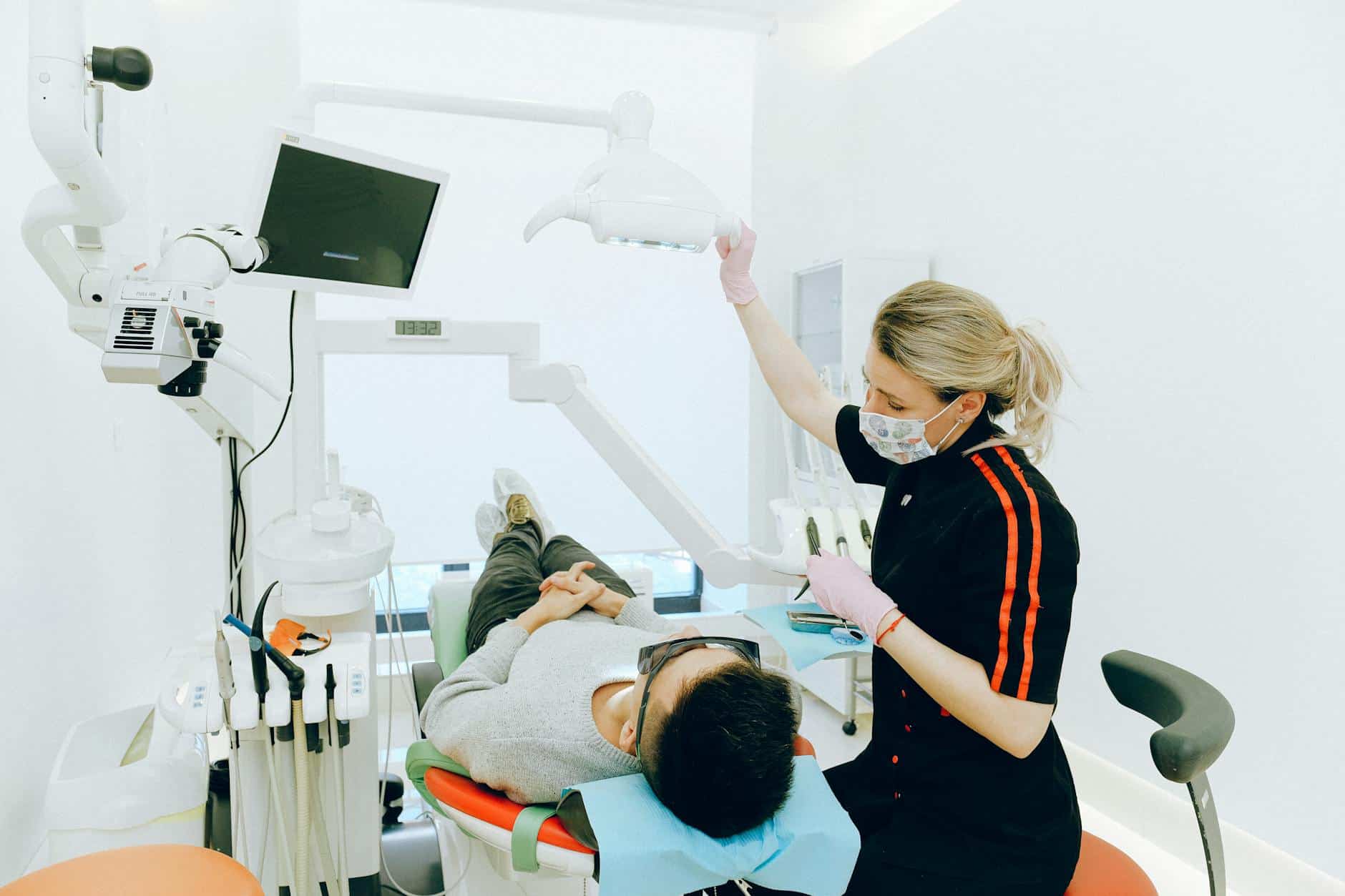Switzerland’s health system is under strain. New drugs and treatments combined with an ageing population, along with cost inflation are the main drivers. This week, KPMG published a report quantifying the hole in Switzerland’s hospital finances. Photo by Anna Shvets on Pexels.comOnly 30% (14) of the 48 hospitals and clinics surveyed reported generating a profit. The other 70% were running at a loss. Extrapolating the results of this sample across all Swiss hospitals and clinics suggests a total accumulated loss of around CHF 1 billion for 2023, said KPMG. Generally, hospitals seem to have failed to recover financially from the pandemic. Hospitals are facing higher operating costs. Overall, costs have grown by 17% in the last five years. Staff costs rose by 8% in 2023 alone, the
Topics:
Investec considers the following as important: Editor's Choice, health, Personal finance
This could be interesting, too:
Investec writes The global brands artificially inflating their prices on Swiss versions of their websites
Investec writes Swiss car insurance premiums going up in 2025
Investec writes The Swiss houses that must be demolished
Investec writes Swiss rent cuts possible following fall in reference rate
Switzerland’s health system is under strain. New drugs and treatments combined with an ageing population, along with cost inflation are the main drivers. This week, KPMG published a report quantifying the hole in Switzerland’s hospital finances.

Only 30% (14) of the 48 hospitals and clinics surveyed reported generating a profit. The other 70% were running at a loss. Extrapolating the results of this sample across all Swiss hospitals and clinics suggests a total accumulated loss of around CHF 1 billion for 2023, said KPMG. Generally, hospitals seem to have failed to recover financially from the pandemic.
Hospitals are facing higher operating costs. Overall, costs have grown by 17% in the last five years. Staff costs rose by 8% in 2023 alone, the biggest jump since 2019. Some hospitals have responded with plans to restructure and cut jobs.
These negative results appear to be a sustained negative trend. Raising money to fund the gap is becoming more difficult also as the market prices in higher risk. 53% of the outstanding bonds totalling around CHF 4.4 billion must be refinanced by 2030.
Of the hospitals surveyed, 68% said they assume that the government would bail them out if required. Public hospitals are mostly owned by the cantons or municipalities. If hospitals were bailed out, taxpayers would ultimately need to foot the bill, adding the pain of higher taxes to higher health insurance premiums.
More on this:
SRF article (in German)
For more stories like this on Switzerland follow us on Facebook and Twitter.
